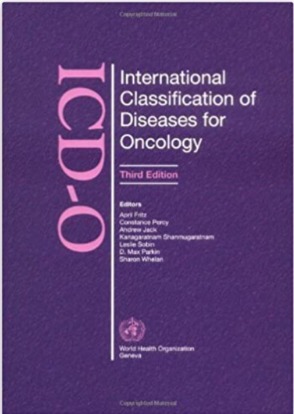Cancer Treatment & Survivor Statistics 2022
The number of cancer survivors is growing in the USA as a result of combined effects of a growing and aging population as well as advances in early detection and treatment. The American Cancer Society collaborates with the National Cancer Institute to estimate cancer prevalence in the US for the most common cancers. In the 2022 report statistics on contemporary treatment patterns and survival as well as issues related to survivorship and the COVID-19 pandemic are discussed. Then, for the first time, treatment data by race/ethnicity for a selected set of cancers (female breast, colon, rectum, lung and uterus) are also presented.
Information in this report can be very useful for cancer registrars and administrators for statistical comparison or to understand the unique characteristics of the population in your region.
Download the report here and share with your colleagues!


